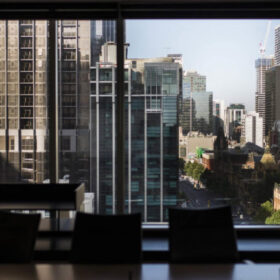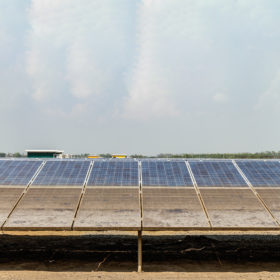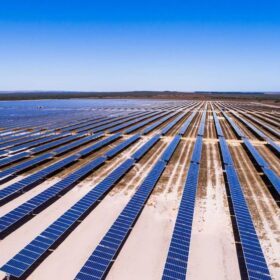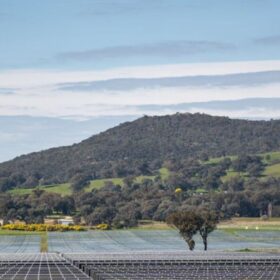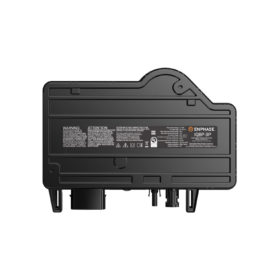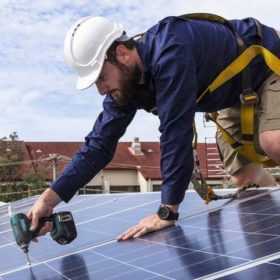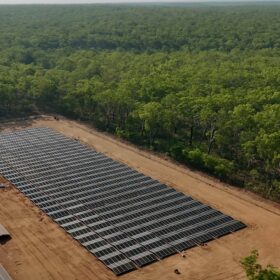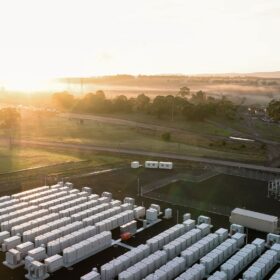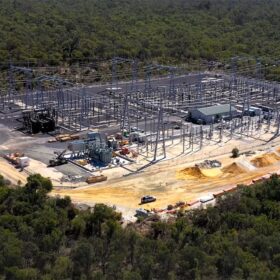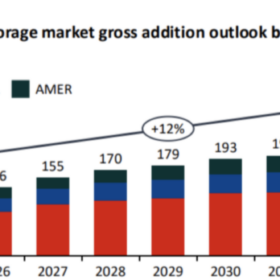AGL to trial forecasting tool to transform energy demands of C&I sites
Melbourne Airport is among the organisations taking part in a two-year trial intended to help commercial and industrial energy users shift their demand away from peak times, easing pressure on the grid and supporting the integration of more renewables.
Origin takeover vote postponed as suitors lob revised proposal
Origin Energy has delayed the vote on its almost $20 billion (USD 12.85 billion) takeover bid until next month after receiving a revised offer from the Brookfield-led consortium that is hoping to acquire the Australian energy generator and retailer.
Weather risk up, margins down: solutions to future-proofing big solar
Extreme weather is a growing risk to solar farms. Future-proofing through advanced technologies, leveraging data from novel sources, and by building both collaboration and acceptance of risk is vital, but rarely achieved today for a number of reasons. Insurers, lenders, developers, contractors and manufacturers come together here to discuss solutions to the intractable problem of weather risk.
Bowen targets 32 GW of renewables with ‘super charged’ investment scheme
Australian Energy Minister Chris Bowen has announced a major expansion of the Commonwealth-funded Capacity Investment Scheme that will now target 32 GW of renewable generation and storage capacity to support the nation’s clean energy transition.
130 MW solar farm energised in Victoria
Cimic Group subsidiary Pacific Partnerships has this week energised its 130 MW (DC) Glenrowan solar farm in northern Victoria. Construction on the solar farm began just one year ago, Cimic noted.
Enphase introduces commercial-scale microinverter
Enphase’s new IQ8-3P solar microinverter offers peak power output of up to 480 W.
Solar installers, designers, have 3 months to move to new accreditation scheme after CEC stripped of role
Australia’s Clean Energy Regulator has selected a new body to take over the role of accrediting solar installers and designers, a position previously held by the Clean Energy Council. The new organisation will be formally announced in February, 2024, with solar installers given three months to transition to the new scheme at no extra fee.
Modular tech has Territory solar and storage project on fast track
A solar and battery energy storage project that will deliver a major boost to the renewable energy system that helps power a remote community on Bathurst Island off Australia’s northern coastline is rapidly nearing completion with a team of four workers taking just four days to roll out 1.2 MW of solar.
Macquarie targets 4 GW of solar, wind and batteries with new energy business
The green investments arm of global financial services group Macquarie Asset Management has launched a new specialist renewable energy business targeting an initial pipeline of 4 GW of wind, solar and battery energy storage projects across Australia.
WA commits $708 million to future-proof state’s main grid
The Western Australian government will invest more than $700 million (USD 455 million) to deliver the step change in electricity transmission infrastructure needed to unlock renewable energy generation opportunities that will support the state’s energy transformation.

